If you’re looking for a low fat, high-protein source of fermented dairy, you’d do well choosing our organic skyr yoghurt starter. Skyr is an Icelandic dairy product, and it’s been a provision of Icelanders for nearly 1,000 years. Similar to Greek yoghurt, it is a thick and rich dairy product that is more similar in texture to creme fraiche or a soft cheese than it is yoghurt. High in protein and low in sugar and fat, skyr has quickly become a popular product on the supermarket shelves.
Organic Skyr Yoghurt Starter
If you’re looking for a low fat, high-protein source of fermented dairy, you’d do well choosing our organic skyr yoghurt starter. Skyr is an Icelandic dairy product, and it’s been a provision of Icelanders for nearly 1,000 years. Similar to Greek yoghurt, it is a thick and rich dairy product that is more similar in texture to creme fraiche or a soft cheese than it is yoghurt. High in protein and low in sugar and fat, skyr has quickly become a popular product on the supermarket shelves.
Traditionally skyr is made using a fairly complex method of heating milk to scalding point and then keeping it there for 15-20 minutes. Often rennet is also added. For the inexperienced, heating the milk this way can often lead to it burning and ruining the taste of the skyr. We have tried to simplify the method for making skyr with our organic skyr yoghurt starter culture. It will require a yoghurt maker, but results are consistent and still produce an excellent result. We hope you will love it as much as we do.
| Ingredients: | Organic Skyr Yoghurt Culture. |
|---|---|
| Shelf Life: | 2 Years. |
| Storage: | Store at room temperature. |
| Allergens: | Contains milk (from cows). |
3 Questions about Organic Skyr Yoghurt Starter Culture
Please, log in to post a question
If you’re not a fan of plain yoghurts because you find them a little too tart, then try this one. It’s mild tasting and so creamy; more like crème fraiche. When strained it is similar to a cream cheese. I’ve often served it to friends with a dessert instead of whipped cream and they have been surprised to discover it’s actually yoghurt, and even more surprised to discover I made it myself!
I use a Lakeland yoghurt maker on the pre-set programme of 42 deg C for 8hrs, although it takes up to 16hrs when starting a new batch from the starter straight from the packet. I use 1 litre of UHT milk (avoids heating and cooling time) and add 3 rounded tbsps of powdered milk for extra creaminess and thickness - add about half a cup of yoghurt from my previous batch and in the morning I have another batch of deliciousness. We have it every morning with fruit and granola and it’s like eating pudding for breakfast - a guilty pleasure you don’t have to feel too guilty about!,
Best yoghurt we have made. I am writing this well over a year after buying the starter and it is still going strong. Use a Lakeland yoghurt maker to heat it for 10 hours and then 12 hours in a sieve produces a lovely mild flavoured yoghurt with a thick texture.

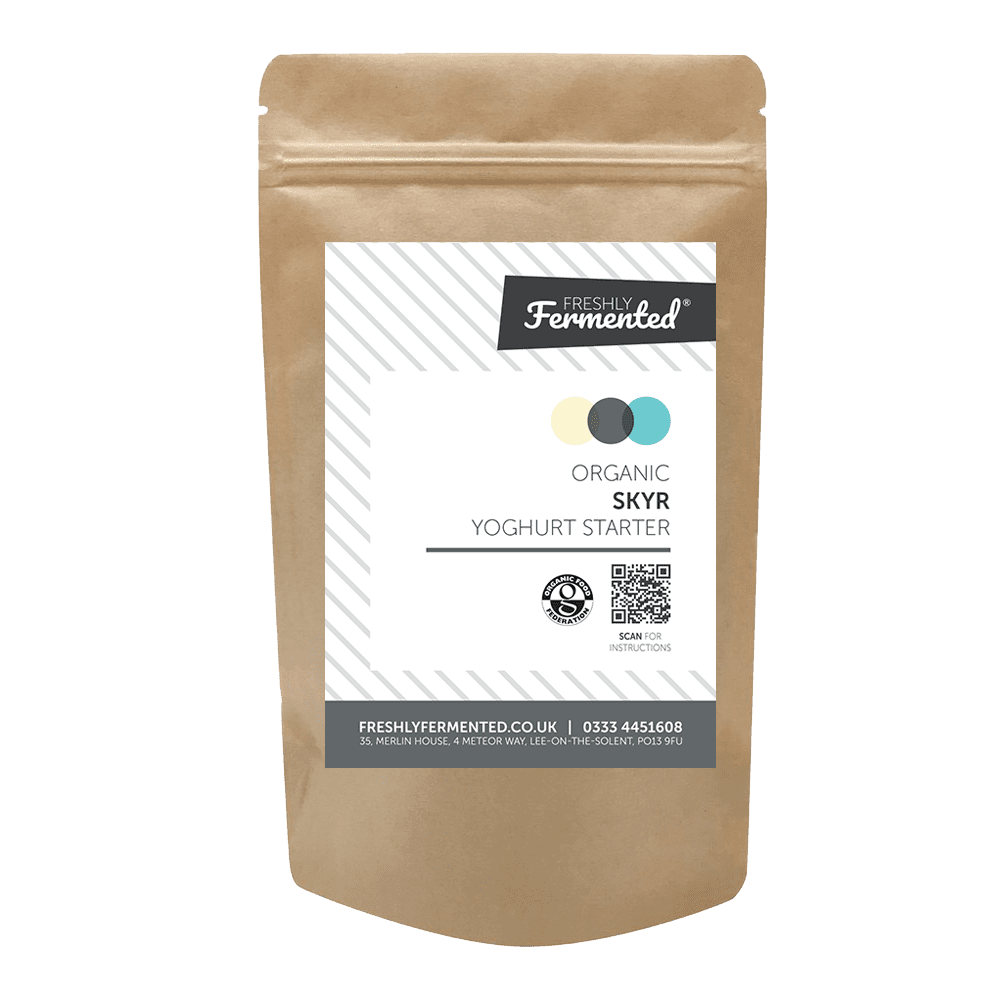
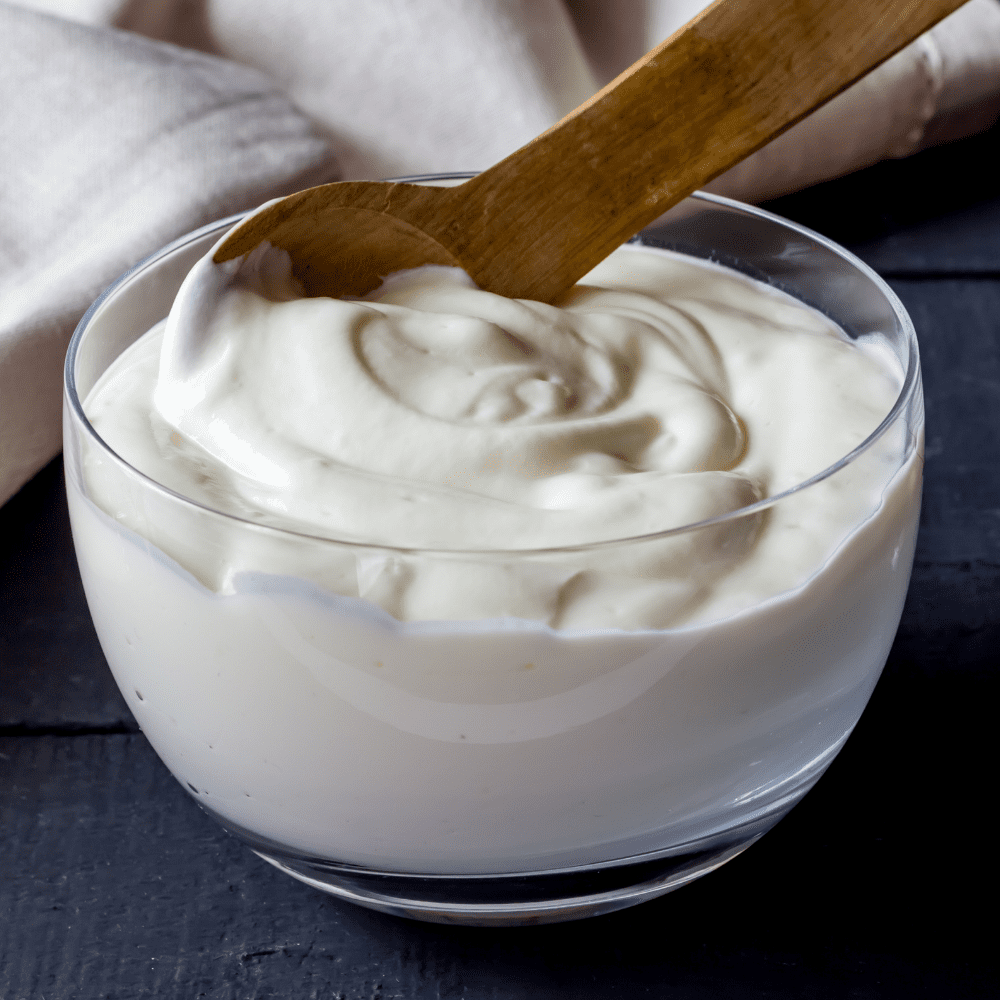
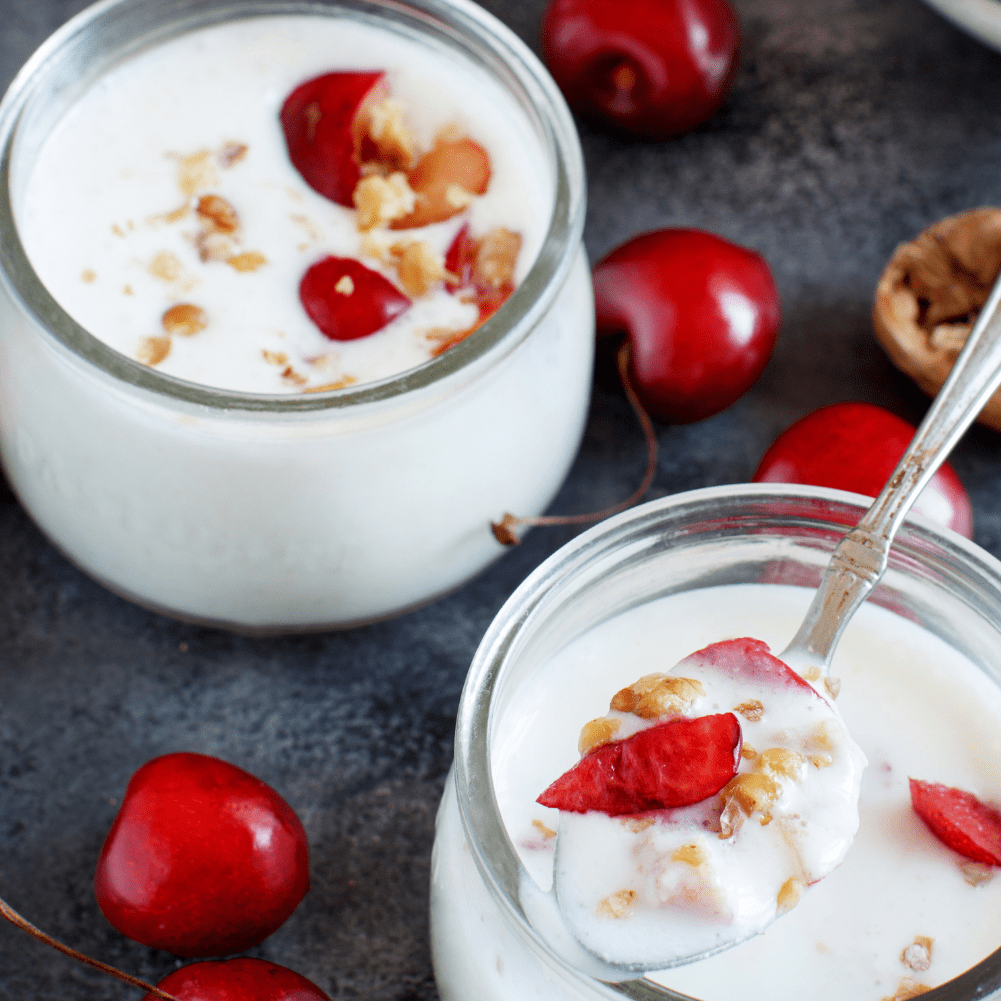
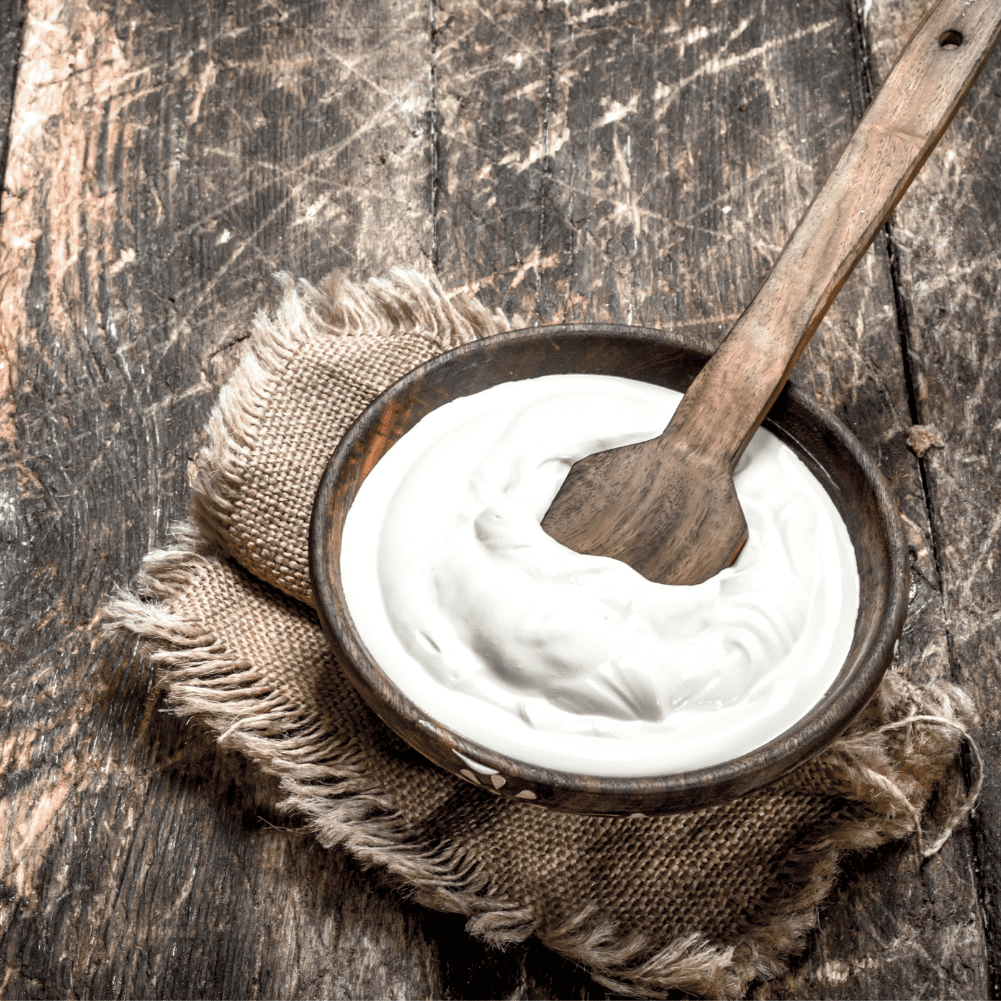
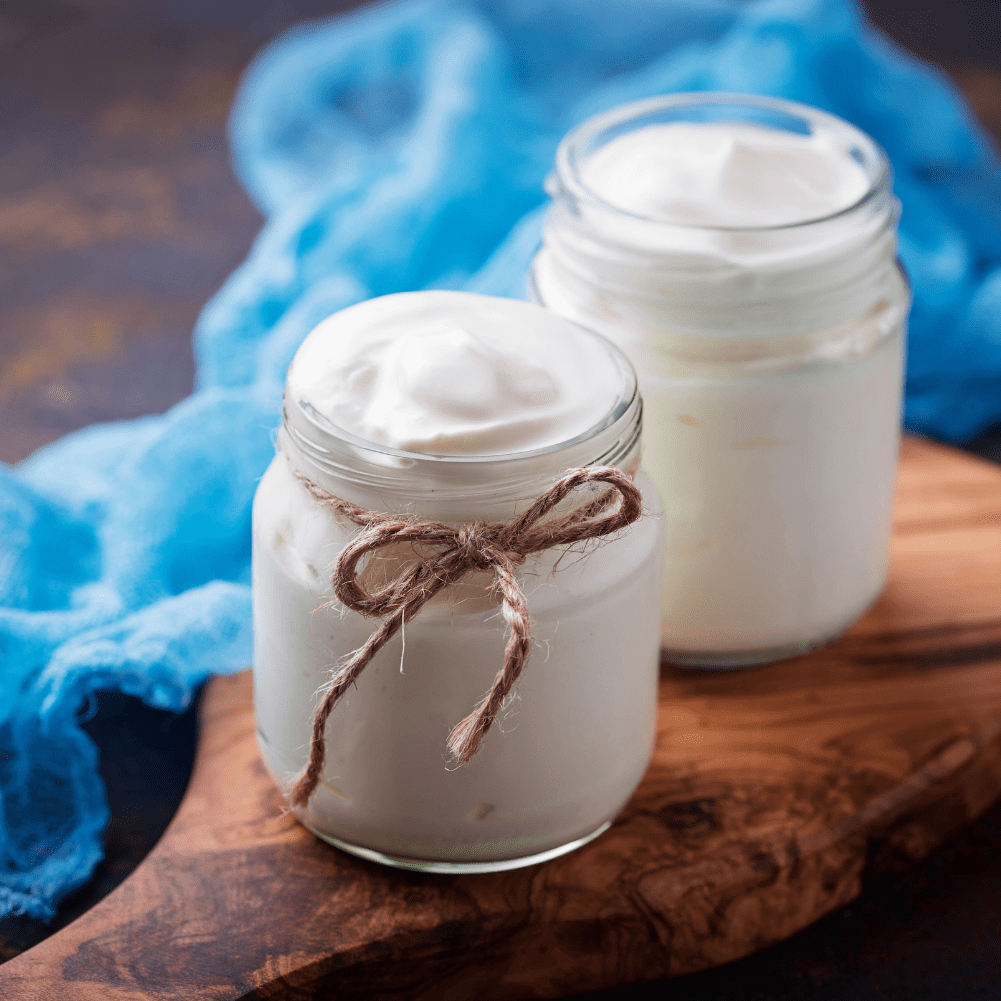
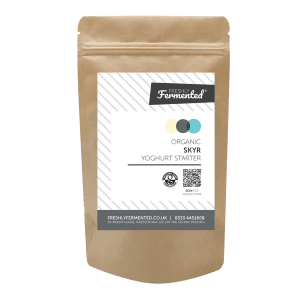
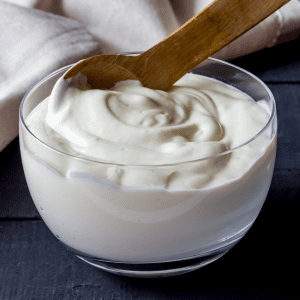
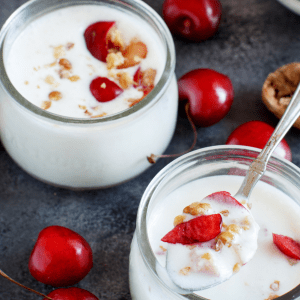
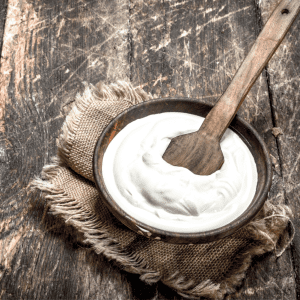
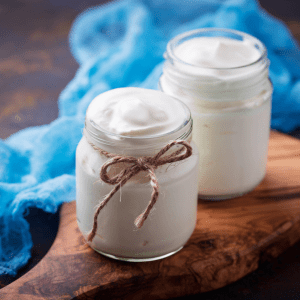
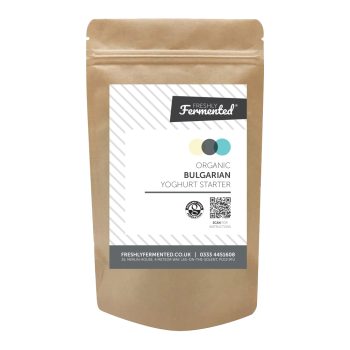

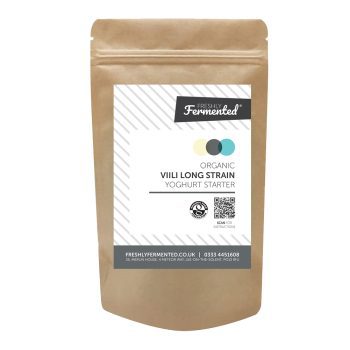
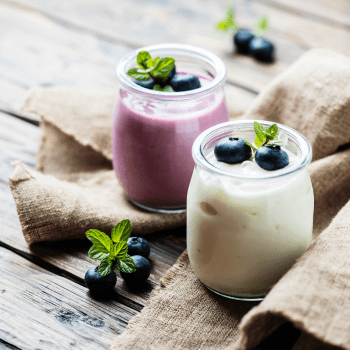
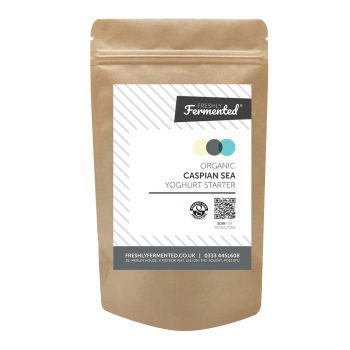



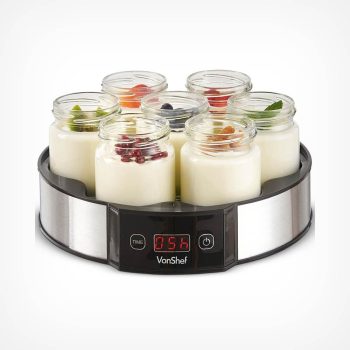
Hi, is this suitable to use in a multi cooker with a yoghurt programme?
Hi Carole, yes this would be fine to use with our yoghurt cultures. We use Instapots to manufacture ours 🙂
Hi, can i culture non dairy milks using this culture?
Hi Caroline, unfortunately these cultures only work best with animal milks. We do have a vegan yoghurt starter but this works best with soya milk not other plant based milks. Thanks Lisa
Hi could you tell me if your Skyr yoghurt culture has the live bacteria in for gut health?
Yes all of yoghurts contain live bacteria.